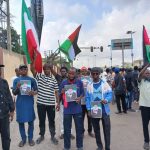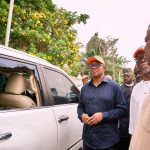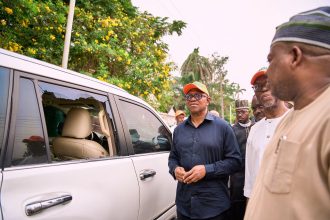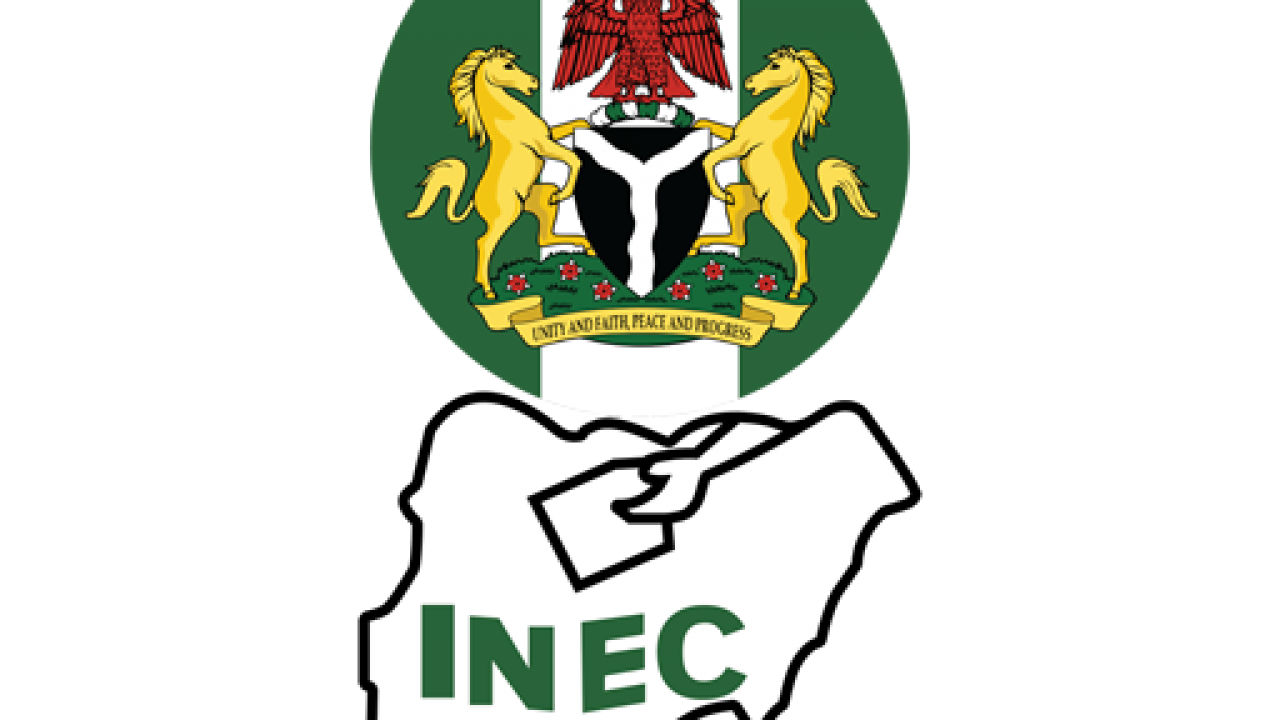The Speaker of the House of Representatives, Rt. Hon. Abbas Tajudeen, has revealed that the National Assembly has formally communicated to the United States Government its objection to Nigeria’s classification as a ‘Country of Particular Concern’ under President Donald Trump’s directive.
Speaker Abbas made the disclosure during a special plenary session on national security on Tuesday, where lawmakers also rejected claims of religious genocide in Nigeria, arguing that the nation’s security challenges stem from multiple causes, including foreign-linked factors.
In his opening address before the House commenced an extensive debate on the country’s security situation, the Speaker said developments in the international space relating to Nigeria “also deserve our careful attention.”
He stated: “The Nigeria Religious Freedom Accountability Act of 2025 was introduced in the United States Congress, which places Nigeria on the list of Countries of Particular Concern. The bill suggests that Nigeria permits or encourages religious persecution.
“Members may recall that this House extensively debated and unanimously rejected the claims. The government of Nigeria does not and will never support or sponsor violence against its citizens. We conveyed our resolutions to the United States Congress, the Department of State, and the United States Commission on International Religious Freedom.”
Speaker Abbas stressed the need to reiterate “Nigeria’s actual security reality,” noting that the country has invested substantial resources over the past 15 years to tackle insurgency and other forms of widespread violence.
“It is true that in some communities, Christians have been targeted, just as Muslim communities have suffered similar attacks in others,” he said.
He underscored the necessity for “a more confident engagement” from the US, led by President Trump, saying such cooperation would enhance efforts to upgrade equipment, strengthen training systems, and improve accountability frameworks.
He stated: “Nigeria welcomes this prospect and is prepared to work transparently and responsibly with American institutions.
“Our sovereignty remains non-negotiable, yet partnership, especially when extended in good faith, can allow both countries to face shared threats with greater clarity and purpose.”
The Speaker clarified that terrorist activities were being perpetrated by violent groups pursuing personal agendas, stressing that “they do not reflect the policy or practice of the Nigerian state.”
He added: “Terrorism, banditry, communal clashes, and extremist violence have brought suffering to Nigerians of all faiths. Our Constitution guarantees freedom of religion, and every institution of government remains committed to protecting that right.
“With this context in mind, Nigeria continues to welcome partnership and constructive engagement. At the same time, we cannot accept conclusions that do not reflect the complexities of our security challenges.”
Speaker Abbas said Nigeria’s response to the Religious Freedom Accountability Bill has remained “calm and measured,” acknowledging the country’s longstanding ties with the US.
“I wish to reaffirm that dialogue is more productive than recrimination,” he said.
He noted that following the recent meeting between Nigeria’s National Security Adviser, Malam Nuhu Ribadu, and the US Secretary of War, Pete Hegseth, “We are prepared to collaborate with partners on intelligence sharing, counterterrorism training, surveillance technology, and the disruption of financial networks linked to violent groups.”
While acknowledging that Nigeria’s security history “carries its own hard truths,” the Speaker said it also “contains moments when partners stepped forward at decisive hours.”
Speaker Abbas stated: “During his presidency from 2017 to 2021, President Donald Trump broke with the hesitation of earlier administrations. He authorised the sale of the A-29 Super Tucano aircraft, a platform that transformed aspects of our counter-terrorism operations.
“At a time when Nigeria struggled to access essential equipment, he was willing to do what others would not. That decision mattered. It saved lives, strengthened our capabilities, and signalled that Nigeria’s fight against terror was not ours alone to bear.
“This history gives particular weight to his renewed interest in Nigeria today. It is an encouraging signal that the door may once again be open for deeper security cooperation, free from old constraints, more attuned to Nigeria’s realities and shaped by mutual respect.”











